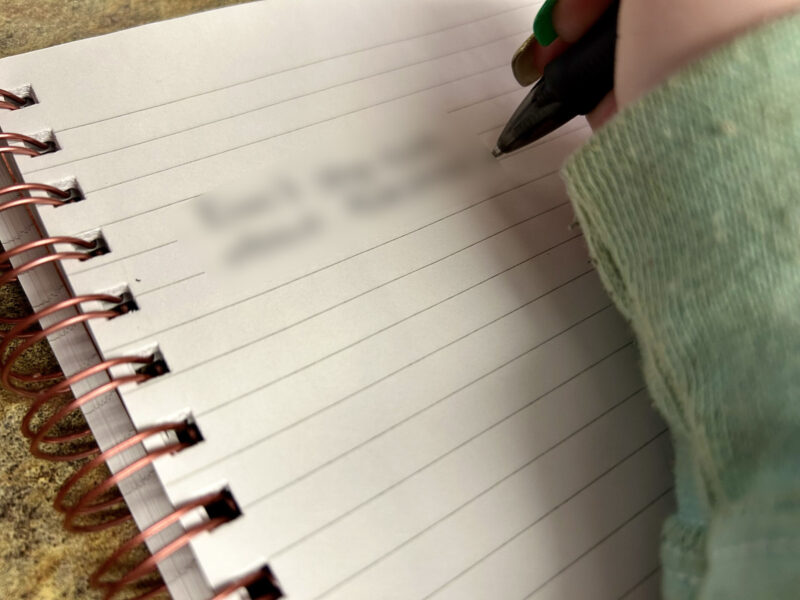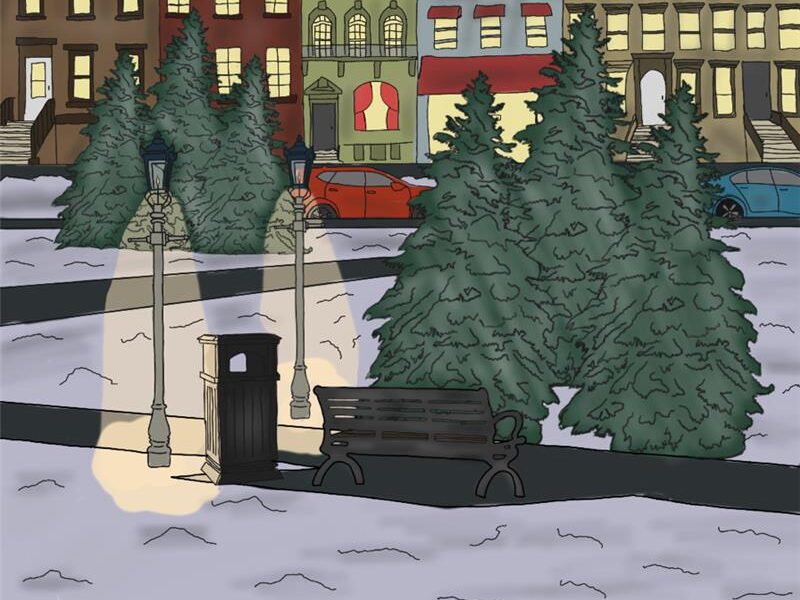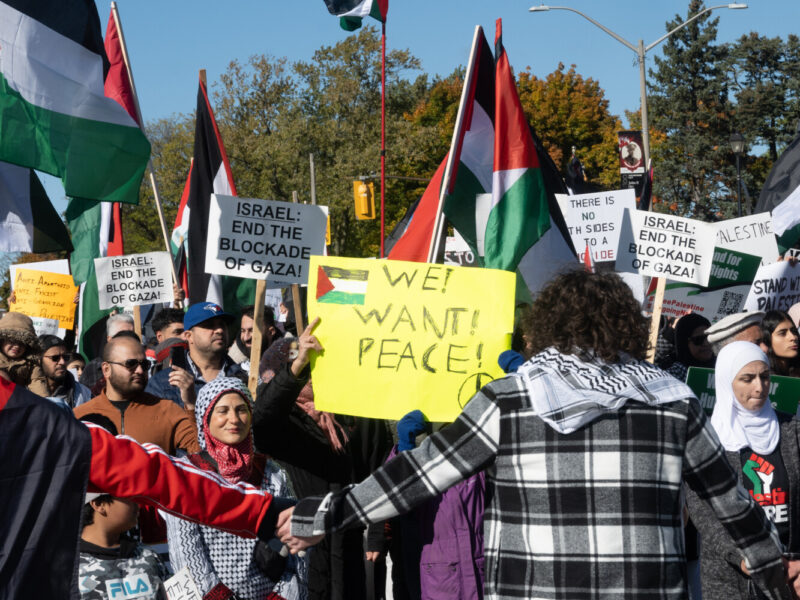Bachir Miloudi / Sputnik Photography
Section 2(b) of the Canadian Charter of Rights and Freedoms says, “Everyone has the following fundamental freedoms: … freedom of thought, belief, opinion and expression, including freedom of the press and other media of communication.” At times when the world seems to be on fire, scientifically, politically and emotionally, this fundamental freedom of mine comes to mind quite often. As creatives, no matter what the current state of the globe is, we can always anchor our spinning thoughts through writing, drawing, filming, speaking, showing and feeling — until we can’t.
Since the events on Oct. 7 between Israel and Hamas in Gaza, Air Canada pilot Mostafa Ezzo was fired for holding signs that critiqued Israel at pro-Palestine protests. Hamilton’s New Democratic Party MPP Sarah Jama was kicked out of caucus for posting a statement calling for a ceasefire and an end to all Israeli occupation on X. Some of these messages were nowhere near neutral, but the extent of the professional consequences received are frightening at best.
At Harvard University in the United States, 34 student groups signed a statement critiquing Israel and bringing attention to the 75-year-old occupation. Five withdrew their signatures after backlash from Harvard leadership and powerful CEOs and posted brief statements on social media calling for peace and condemning only Hamas’ violence. Law firms revoked job offers from three Ivy League law students for co-signing this letter.
Earlier this year, Swedish police gave anti-Islam activist Salwan Momika a permit to burn Muslims’ Holy Book, the Quran, following their free speech laws. The police started to investigate this as an act of inciting hatred only after several protests broke out to prevent the arson. Ten people were detained and three were arrested for their “violent” response to the hateful burning, labelled as “disturbing public order” rather than “freedom of expression”.
Time and time again, French weekly magazine Charlie Hebdo publishes political comics often mocking natural disasters and bombings in Middle Eastern countries, while depicting Middle Eastern political leaders and Islamic figures in desecrated ways. These drawings have always been defended by publishers and even French president Emmanuel Macron out of the freedom of expression. No consequences have ever followed.
These acts of not-so-hidden racism and Islamophobia are always justified and normalized, even though they blatantly target Arabs or Muslims, disrespect them and threaten their safety in the case these “expressions” influence someone to commit a worse crime. There appears to be a rock-hard line between hate crimes, threats to a perceived group, anti-Semitism, Islamophobia and “art” that’s always solely defined by the “artist” themselves.
Of course, freedom of expression must have its consequences, especially when it bleeds into threats of violence. However, if these consequences are never remembered when people uphold a specific political agenda and only apply to everyone who questions the status quo, do we really have the freedom to express ourselves? Affected groups should equally be given the stick to draw the line between what’s hateful and what’s not. But whether your stance is correct or incorrect, moral or immoral, ethical or unethical, freedom of expression should be just that — free.




